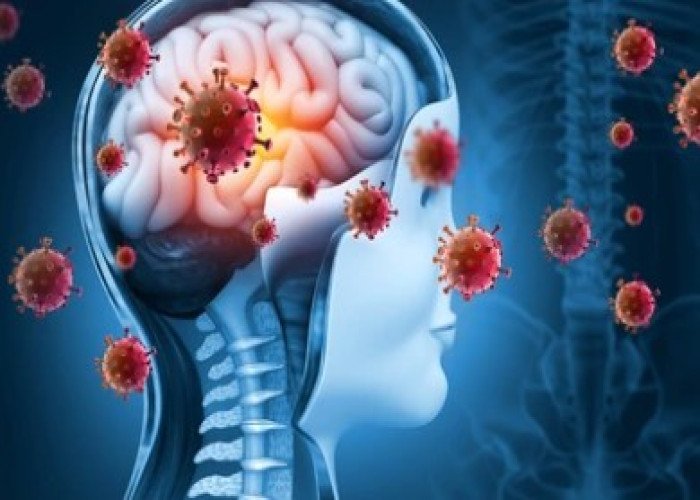 Welcome
Welcome
“May all be happy, may all be healed, may all be at peace and may no one ever suffer."
Regret - Homeopathic remedies
Rheumatism is a general term used to describe pain and inflammation in the joints, muscles, and other connective tissues. It is not a specific disease but rather a collection of symptoms that can be caused by a variety of conditions, such as osteoarthritis, rheumatoid arthritis, lupus, fibromyalgia, and gout.
The symptoms of rheumatism can include pain, stiffness, and swelling in the joints, particularly in the morning or after prolonged periods of inactivity. Other symptoms can include fatigue, muscle weakness, and difficulty moving.
The exact causes of rheumatism are not fully understood, but there are several risk factors that can increase the likelihood of developing the condition, such as age, family history, and certain lifestyle factors such as smoking and poor diet.
Treatment for rheumatism depends on the underlying cause of the condition. It can include medications to reduce inflammation and pain, physical therapy to improve mobility and strength, and lifestyle changes such as weight loss and exercise. In some cases, surgery may be necessary to repair or replace damaged joints.
It is important to see a healthcare provider if you are experiencing joint pain or stiffness, particularly if it is affecting your daily activities or quality of life. They can help diagnose the underlying cause of your symptoms and recommend appropriate treatment options.

Skin is thick

Blindness

High blood pressure

Meningitis

Hiccups

Nodule

Hives

Scanty urine
Rheumatism, বাত
To be happy, beautiful, healthy, wealthy, hale and long-lived stay with DM3S.



